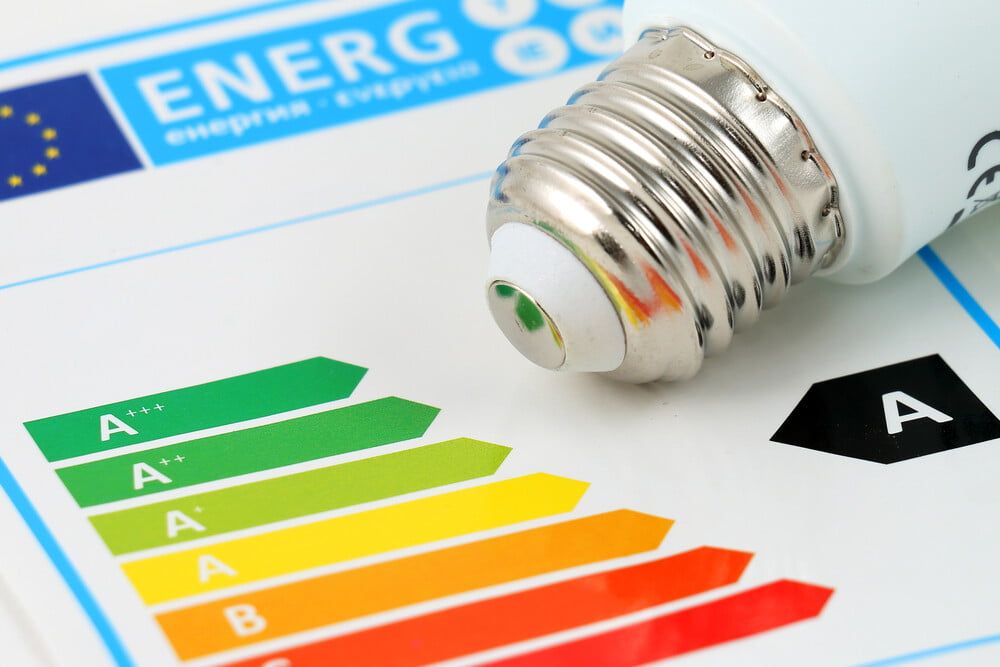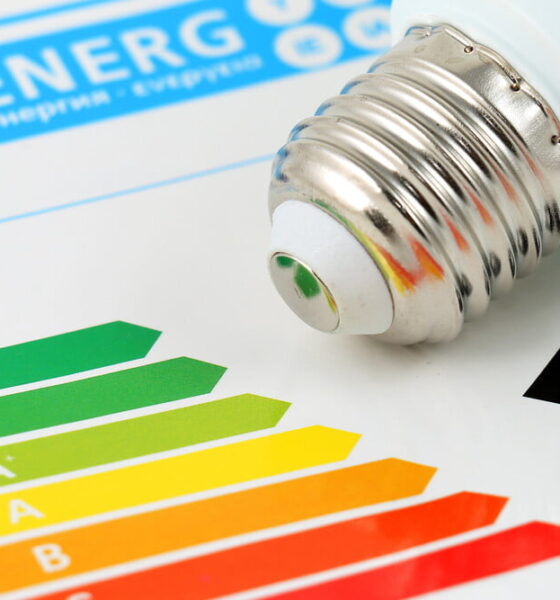

Energy
Five Keys Points You Need to Understand About The EPC
The EPC, or Energy Performance Certificate, is a detailed description of how energy efficient a home or building is. The report gives an accurate current and projected rating of both the Energy Efficiency Rating and the Environmental Impact, as well as the projected annual energy costs and helpful advice on how to improve your rating and save money on your bills. The certification covers both domestic homes and non-domestic properties, such as offices, shops or restaurants.
For some of us, having a valid certificate is actually a legal requirement, so we have created this helpful guide to help you understand the key points you should be aware of.
1 – Is it a legal requirement?
It depends!
The legal surrounding requirements for the EPC are determined by what you intend to do with the property. If you are planning to build, sell or rent a property then you will now be legally required to have a valid energy certificate. This is in addition to the practical benefits of having one when building an eco-friendly home or other green structure that you want to market.
You should also be aware that due to recent changes in legislation, you are now also required to have a valid certificate even if you have tenants already in your property.
2 – Can you fail the EPC?
If you are looking to sell your property then there is currently no ‘pass or fail’ rating.
However, if you wish to rent your property, or indeed already have tenants already renting it, then as of April 2018, your certificate must have a minimum rating of ‘E’. This legislation is known as the Minimum Energy Efficiency Standards (MEES) if you wish to read further into the subject. It is worth noting that most properties should be able to achieve this rating as the average rating across the country is D-E.
However, if you fail to do so, you will need to have remedial works carried out in order to improve the energy efficiency of the property should you wish to proceed with the rental process. If you are unable to make a rating of at least an ‘E’, then it is against the law to move tenants into the property.
3 – How do I understand the ratings?
If you already have an EPC, or have seen a certificate, then it’s likely that the graphs on the certificate will seem familiar to you. This is because the graphs used are the same as those used when buying new electrical appliances. The energy efficiency of the property is displayed in graph form and rated on a sliding scale from A-G. The most energy efficient properties are rated with an ‘A’ and the least efficient rated with a ‘G’.
As already mentioned, the graph gives a rating for both the current and potential rating of the property. The property is also given a score from 1-99, which helps you understand how far away you are from moving up to the next rating level. The energy assessor will list the changes you can make to improve the rating of the property in the ‘Recommended measures’ section which is located below the Energy Efficiency Rating graph. These recommendations are also accompanied by the estimated cost of the alterations and how much the changes can save you on your bills moving forward.
4 – How long is it valid for?
For all newly commissioned energy performance certificates, they will be valid for a period of 10 years. However, it is recommended that if you make any significant changes to the property, such as new windows, heating, extensions etc., then you should have a new EPC carried out. These types of changes will improve the rating of the property so if you have invested time and money in making improvements why not show it to potential buyers or tenants?
5 – What do they check and how long does and EPC take?
The energy assessor will need to accurately measure the property so they will need to be able to access the entire property – it will save you time to make sure that access is readily available! They then examine the heating system, the insulation, window frames and glazing as well as the hot water and lighting systems.
For smaller apartments, the inspection should take approximately 20-30 minutes. If you have a family home then you should allow 45-60 minutes.


 Environment12 months ago
Environment12 months agoAre Polymer Banknotes: an Eco-Friendly Trend or a Groundswell?

 Features11 months ago
Features11 months agoEco-Friendly Cryptocurrencies: Sustainable Investment Choices

 Features12 months ago
Features12 months agoEco-Friendly Crypto Traders Must Find the Right Exchange

 Energy11 months ago
Energy11 months agoThe Growing Role of Solar Panels in Ireland’s Energy Future





























